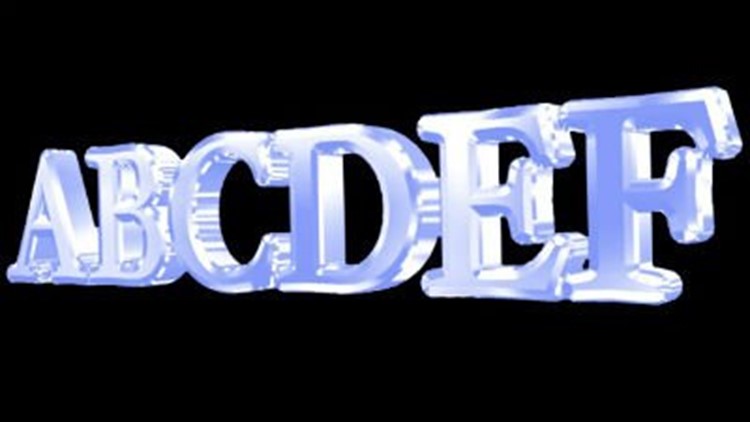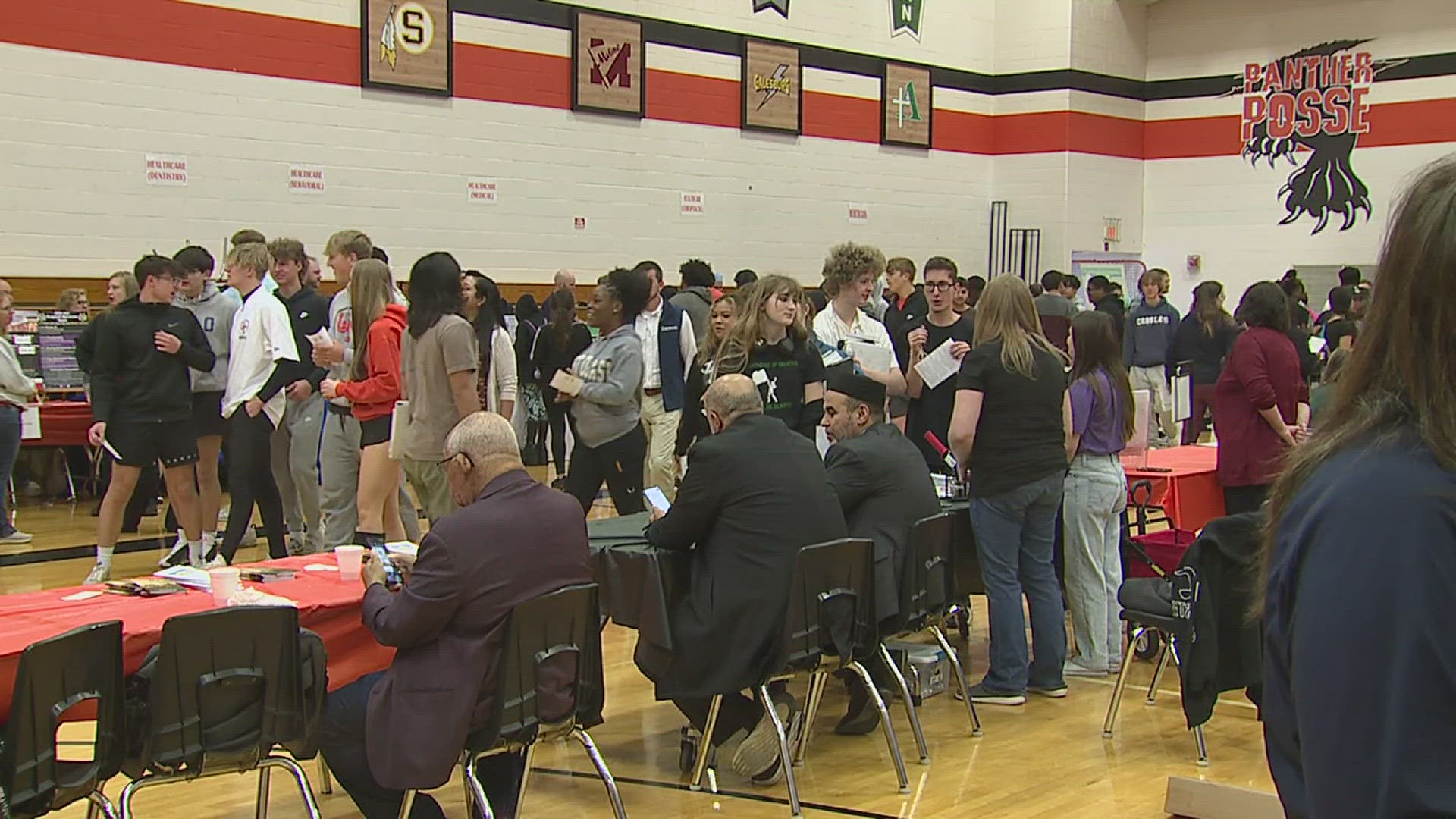(CNN) — It’s not always easy to watch: young people given increasingly difficult words to spell, standing uncomfortably under lights and cameras, their faces strained or frozen under pressure, their parents watching helplessly from their seats in the audience… They’re all components of the tournament that crowns America’s best speller.
If you look back at the National Spelling Bee’s winning words of the 1930s and 40s, you’ll see quite a few you can handle: fracas, knack, torsion, initials, psychiatry. In more recent years, with many more students competing with far more intensity, most of us need a dictionary — not just for the spellings, but for the definitions of the words themselves.
When was the last time you used Ursprache, appoggiatura, Laodicean or cymotrichous in a sentence? (When was the last time you even saw them anywhere?)
Words like these will be either the stumbling blocks or victory laps for the 278 spellers in this year’s Scripps bee. They’re from all over the map, representing ages from 6 to 15. And while they may not be able to drive, buy lottery tickets, vote, or get a beer after the event, they’re all better spellers than we are.
In fact, most of these students are scholars in other areas. Take 6-year-old Lori Anne Madison. She’s been in spelling bees since age 3, but she’s also won awards in mythology and math events. Arvind Mahankali, who’s 12 and came in third place last year, has received an honors award from Johns Hopkins University’s Center for Talented Youth. And 14-year-old Nabeel Rahman came in first place in the middle school National Geographic Bee.
Of course, spelling on its own is hard enough. Everywhere you look, there are misspellings — even the very word looks like it has too many consonants. Whenever Germanic, Old Norse, Latin, French, and Old English got together, two things were inevitable: confusion and compromise.
And those are evident across our lexicon. Remember the “i before e” rule? It had a plethora of exceptions, so spelling tipsters added “or when sounded like ‘ay’, as in neighbor and weigh.” But that isn’t enough to go on because words like height and efficient pop up and throw us further off the tracks. So a better, overall summary might be “i before e, except after c…or whenever.”
As anyone who’s ever written anything in English can tell you, there are a lot of exceptions to our rules of spelling, not to mention differences in British and American spellings (see colour, humour, etc.). The bad news is that sometimes, you just have to memorize words on a case-by-case basis.
The good news is that there are tips that can help your overall ability to spell.
The first is easy: Read more. Catherine Osborn of DailyWritingTips.com says that spelling and reading “are so inherently linked that it is almost impossible to be a good speller without being a good reader.” And what’s more fun: staring at flash cards or getting lost in a good book?
Another tip goes hand-in-hand with the first. Even if you can’t stand writing, you can benefit from it, whether it’s the short story in the back of your head or a simple journal of what you ate and how it made you feel. The acts of reading and writing are forms of exercise for your brain, and by doing both, you’ll become conditioned to what the words are supposed to look like, even if you’re not sure of how to spell some of them when you start out.
And learning better spelling doesn’t have to bring back 3rd grade worksheets. It could mean Scrabble or Bananagrams. It could mean crosswords. Pick up one of those interactive word game books in the grocery store checkout line, and watch your spelling improve.
A bottom line suggestion is to do what many of the spelling bee champions do: Spend time regularly working with words, and try to have fun with it. Six-year-old Lori Madison studies while jumping on a trampoline, and her favorite word is sprachgefuhl. The example may sound extreme. But the methods can help you in your day-to-day communications — and move you a little closer to the Scripps scions of spelling.



